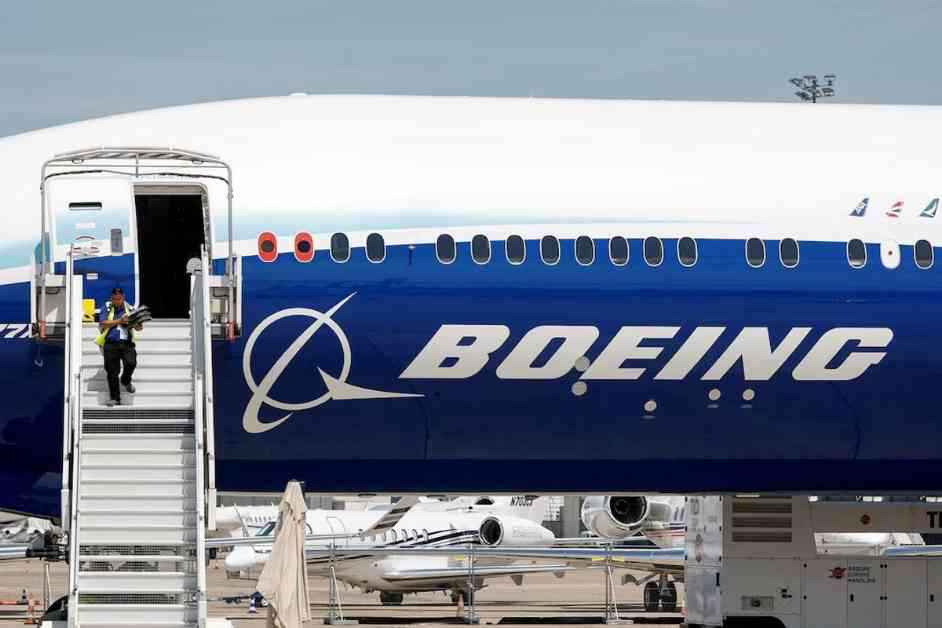US President Donald Trump recently made a splash in Qatar by sealing a bunch of deals in aviation, energy, defence, and technology, raking in a whopping £182.78 billion ($243 billion). Among the deals, Trump caused quite a stir by announcing a ginormous agreement with Boeing to sell up to 210 planes to Qatar, just as he was catching flak for considering a £300.9 million ($400 million) luxury jet from the Qatari government. Boeing, the lucky winner of this trade move, scored big when Qatar Airways placed orders for 160 jetliners with an option to buy 50 more, marking a significant milestone for the company amidst its struggles with regulatory, safety, and labour issues.
Boeing’s triumph didn’t stop there. Following the firm orders for 130 Boeing 787 Dreamliners and 30 777-9 aircraft, Qatar Airways also struck a deal with GE Aerospace, a unit of GE Electric (NYSE: GE), for over 400 engines to power the jets. The grand total for this plane bonanza is estimated at £72.21 billion ($96 billion), according to the White House. As a result of these exciting developments, Boeing’s stock shot up by over 10% in the past five days and 1.25% during Thursday’s pre-market hours. The Boeing CEO, Kelly Ortberg, even made an appearance alongside Trump at the Amiri Diwan in Doha to put pen to paper on the deal.
The decision by Qatar Airways to go with Boeing over Airbus could be linked to their rocky relationship with the latter. This move by Boeing comes at a time of multiple wins for the company, with China reportedly lifting a ban on its airlines acquiring Boeing jets after reaching an agreement with the US government. Furthermore, the Saudi Public Investment Fund’s AviLease ordered up to 30 new single-aisle Boeing 737-8 aircraft, and Boeing also closed a deal with the parent company of British Airways, IAG, to sell 30 787 Dreamliners. In terms of financial performance, Boeing’s Q1 core loss per share narrowed year-over-year to £0.37 ($0.49) from £0.85 ($1.13), and revenue spiked by 18% YoY to £14.66 billion ($19.49 billion), driven by a 75% YoY increase in revenue from commercial aeroplane deliveries.
Commercial aeroplane deliveries in Q1 also saw a significant boost, with 130 planes delivered compared to 83 the previous year, thanks to increased 737 production and a more stable 787 program. The 777X program even kicked off expanded FAA certification flight testing during the quarter, indicating a positive trajectory for Boeing. Ortberg expressed optimism about the company’s direction, highlighting improved operational performance across the board due to a strong focus on safety and quality. Overall, Boeing seems to be on the upswing, prioritizing safety and efficiency while ramping up production for global deliveries. So, all in all, things are looking up for Boeing in the aviation world, with more exciting developments likely on the horizon.













